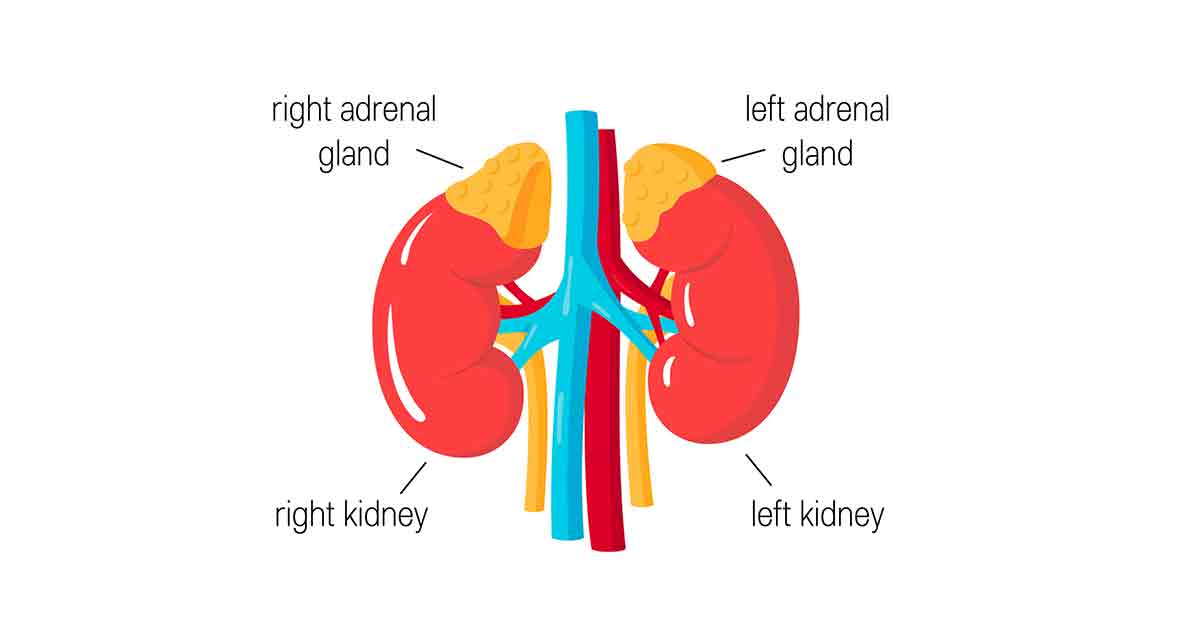Kidney Cancer and Renal Cell Cancer Summary, Symptoms and Treatments
Contact Us
What is kidney cancer?
The kidneys are two bean-shaped organs located on either side of the spine, just below the rib cage. The kidneys are responsible for filtering waste from the blood, balancing fluids and electrolytes and producing urine.
Kidney cancer begins when cells in the kidney develop changes (known as mutations) in their DNA and begin to grow and divide rapidly. These abnormal cells can form a tumor that can grow within the kidney or spread to other parts of the body.
Renal cell carcinoma (RCC) accounts for for about 90% of adult kidney cancers. It typically starts in the lining of the small tubes in the kidney known as renal tubules. Other less common types of kidney cancer include transitional cell carcinoma, renal sarcoma and Wilms’ tumor (in children).
In the United States, kidney cancer ranks among the top 10 most common cancers in both men and women and occurs two times as often in men than in women. It is also more common in African Americans and American Indians and Alaskan Natives. The average age at diagnosis is 64, and it is rare in people younger than 45.
What are the signs and symptoms of kidney cancer?
In the earliest stages, kidney cancers don’t typically cause noticeable symptoms. Some possible indicators are:
- Blood in the urine
- Persistent pain or a lump on one side of the lower back, below the ribs
- Fatigue (feeling tired)
- Anemia (low red blood cell count)
- Loss of appetite or weight loss not due to dieting
- Fever, chills or night sweats that won’t go away
These symptoms can signal other health problems as well, so it is important to report any concerning signs to your health care provider. Taking proactive steps is vital to diagnosing problems early when treatment can be more effective.
How is kidney cancer diagnosed?
Diagnosing kidney cancer begins with a physical examination and review of health history to evaluate the symptoms. While urine tests do not diagnose kidney cancer, they can detect whether there is blood, infection or proteins in the urine, which can be signs of kidney disease. Blood tests can determine if the kidneys are working properly. If these test results indicate cancer or that a mass may be present, your doctor may order a specialized imaging test. Ultrasound, computed tomography scans (CT scans) and/or magnetic resonance imaging scans (MRI scans) produce highly detailed, 3D images and can help to make an accurate diagnosis.
Back to Top
What causes kidney cancer?
The genetic mutations that lead to uncontrolled cell growth in the kidneys may be triggered by a combination of environmental exposures, lifestyle factors, and in some cases, inherited genetic conditions, although most cases occur without a known inherited cause.
People with a family history of kidney cancer have a higher risk of developing the disease as do those who receive long-term dialysis to treat chronic kidney failure. The risk of kidney cancer also increases as we age. Other known risk factors include:
- Smoking doubles the risk of kidney cancer. Toxins in tobacco can damage kidney cells and lead to mutations.
- Chronic high blood pressure can damage kidney tissues over time.
- Obesity increases the risk by altering hormone levels and causing chronic inflammation.
These factors can vary in significance from person to person. Making healthy lifestyle changes in our diet, staying active and quitting smoking (or never starting) are among the best known measures for preventing cancer and other diseases.
Is kidney cancer genetic?
Kidney cancer can sometimes be genetic, but in most cases, it is not inherited. About three to five percent of kidney cancers are linked to inherited genetic syndromes, while the vast majority occur in people with no family history or known inherited cause. It is best to discuss any potential genetic predisposition with your doctor.
Back to Top
Is kidney cancer curable?
Yes, kidney cancer can be curable, especially when it is detected early and has not spread beyond the kidney. The likelihood of a cure depends largely on the stage at diagnosis and how well the cancer responds to treatment. The earlier kidney cancer is found, the better the chances are for a more positive outcome.
Back to Top
How is kidney cancer treated?
Treatment options for kidney cancer depend on a number of factors, including the specific type and stage of cancer, possible side effects, and the patient’s overall health and personal preference. Each patient and each cancer is unique. At FCS, physicians develop a personalized treatment plan in partnership with patients.
Common treatment options for kidney cancer include:
- Surgery to remove the tumor from the kidney or to remove the entire kidney, often with surrounding tissue and nearby lymph nodes.
- A growing number of targeted therapies are used to target specific molecules that help cancer grow and spread. Others focus on blocking angiogenesis, the process by which tumors form new blood vessels.
- Immunotherapies help the body’s own immune system recognize and attack cancer cells and may be used alone or in combination with other treatments.
Other treatments can include radiation therapy or the use of drugs that target specific mutations or proteins in cancer cells. Participation in clinical trials for new therapies or combinations of treatments can be an option, especially for advanced stages of cancer.
Are there screening tests for kidney cancer?
Currently, there are no routine screening tests available to detect kidney cancer.
Back to Top









